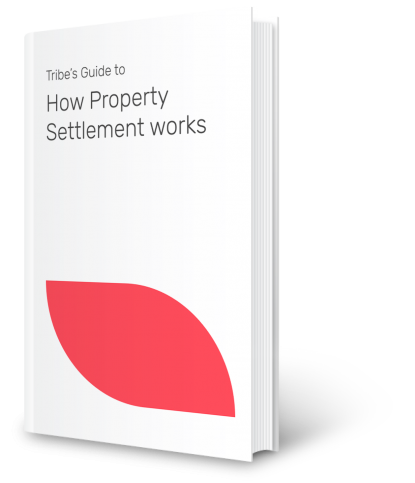Family law property settlements
Although many Australians do not realise it, most of them need a formal ‘property settlement’ at the end of their longer-term relationships. If you don’t have a property settlement, you remain financially liable in relation to your partner for years into the future. This matters whether you have a lot or a little in terms of assets, now. (This could change for one or both of you in the not-too-distant future.)
A formal property settlement rules a line under your financial relationship. So what is it? Mostly, it’s in the form of an agreement about the split of assets and liabilities that is put into a family court as a request for ‘consent orders’. When these are issued, the authority of the court makes the agreement final and certain and your exposure ceases, unless there are exceptional circumstances.
Occasionally, however, it is necessary to start a disputed property settlement case in the court.
Whether by agreement or as a dispute, you must apply for a property settlement within 12 months of divorce (married) or 24 months of separation (de facto).
Your challenges
- Marshalling the financial information you need to make sensible decisions.
- Deciding on the content of your property settlement agreement.
- Deciding your negotiating strategy.
- Negotiating
- Putting an oral or informal agreement in writing.
- Filing in court for consent orders. (This bit is harder than it should be.)
How we can help
Tribe is here to help with the considerable complexity that most people find in working through a family law property settlement. We can:
- help you understand what split the law might think was appropriate in the circumstances.
- work through with you, and reality-test, your negotiation positions and strategy
- draft the terms of your agreement
- draft or help you draft the documentation for filing in court

